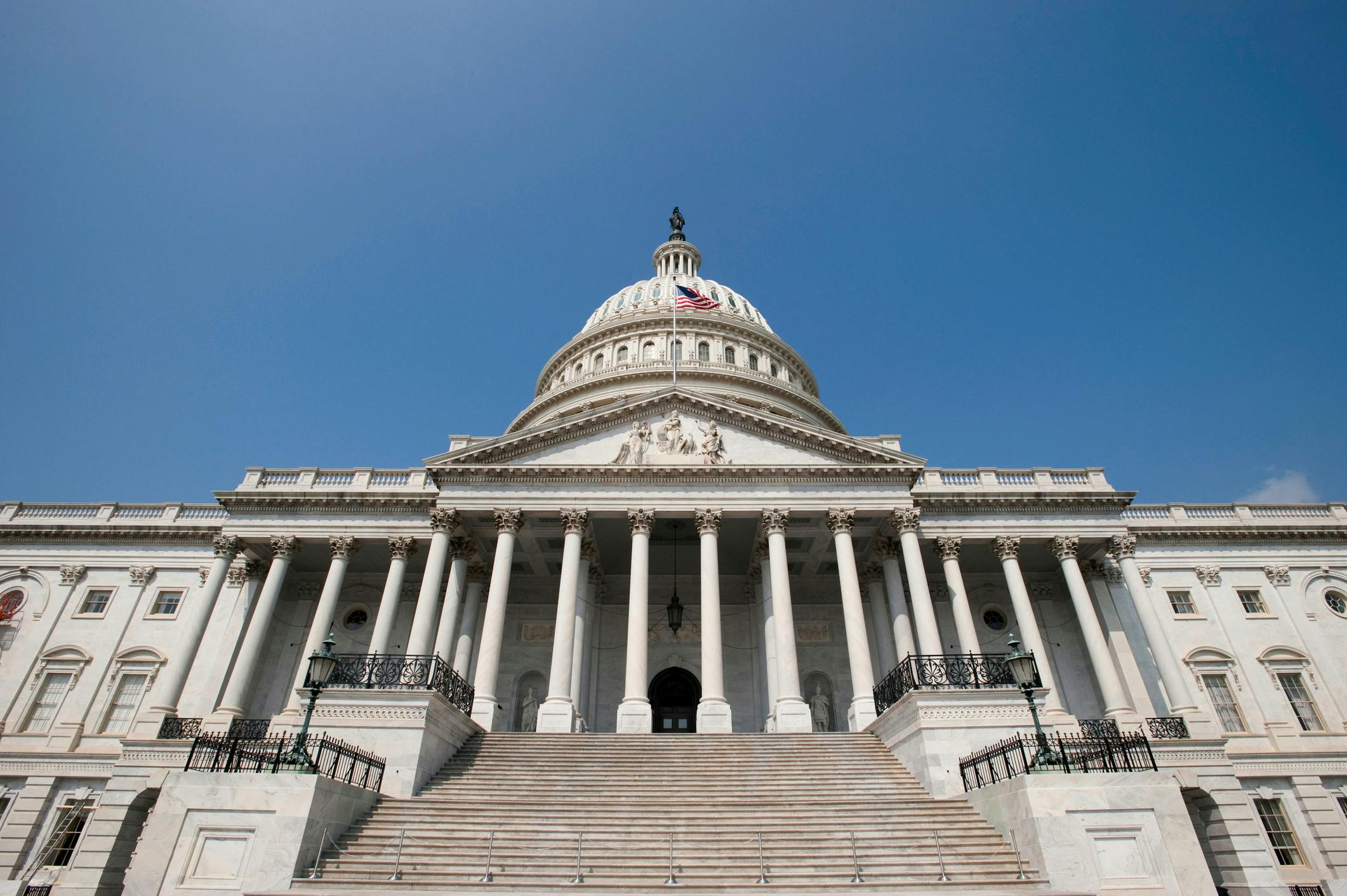Congress votes to end shutdown
The over 40-day government shutdown came to an end without a guarantee that the ACA tax credits will be extended.
The House of Representatives passed a spending bill on Wednesday, which has already cleared the Senate, and once signed into law by President Trump, will end the longest government shutdown in US history.
The bill passed with a 222-209 vote, with six Democrats voting with Republicans. The bill is expected to be signed into law by Trump late Wednesday evening.
The bill funds most federal agencies through January and promises Democrats a separate vote on extending the ACA tax credits in December.
The bill does not include an extension of the Biden-era enhanced Affordable Care Act tax credits, a central sticking point for Democrats after weeks of stalemate that left thousands federal workers without pay, disrupted air travel, and threatened to cut off families from food benefits.
The ACA tax credits, which subsidize health insurance plans provided by private insurers, were part of a 2021 COVID-19 relief package passed by a Democratic-controlled Congress. The subsidies, which are set to expire on December 31, led to a boom in ACA enrollment. Keeping the subsidies would increase the deficit by $350 billion, according to the nonpartisan Congressional Budget Office.
An analysis by Wakely, a healthcare market research firm, projected that Marketplace enrollment would decline by more than half in 2026 if the subsidies aren’t extended. The biggest providers of ACA Marketplace plans like UnitedHealthcare, Elevance Health, Oscar Health, Molina Healthcare, and Centene fell on the news.
Without the ACA tax credits, significantly fewer people will be eligible for help paying for their plan, just as premiums are expected to rise amid soaring healthcare costs. Executives from Molina and Oscar have said that the end of the ACA subsidies will likely result in fewer healthy people purchasing plans, leaving a smaller group of sicker members, making coverage more expensive to provide.
Molina said it plans to increase rates on Marketplace plans by an average of 30%. Overall, ACA Marketplace premium payments are expected to double next year, according to an estimate from KFF.
Centene CEO Sarah London told analysts in an October 29 earnings call that the company is expecting a year-end utilization push as its members stare down “potentially the wholesale loss of affordable healthcare coverage next year.”
